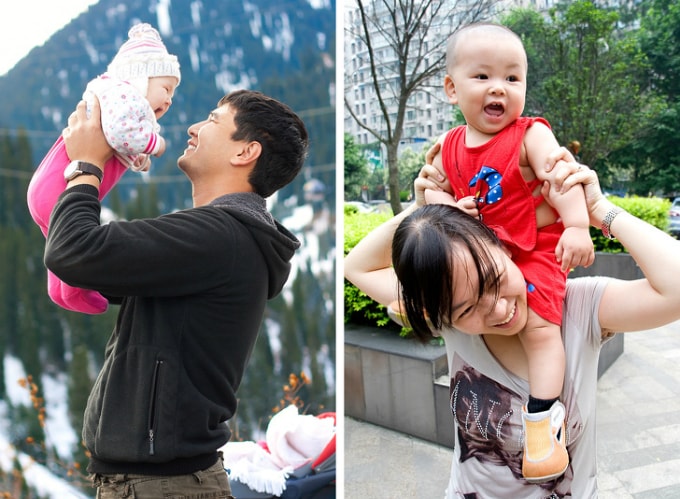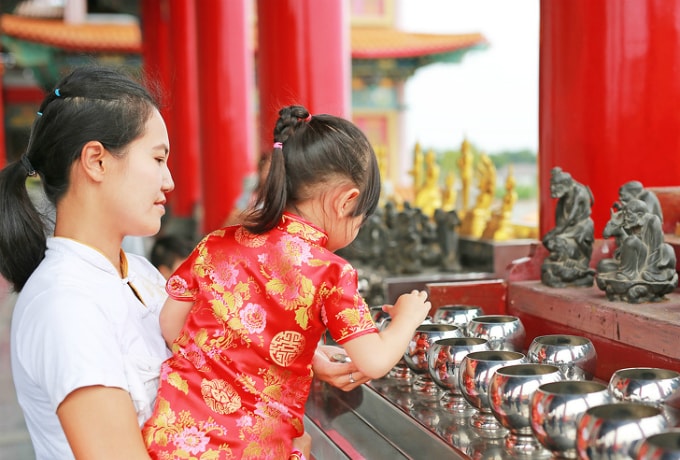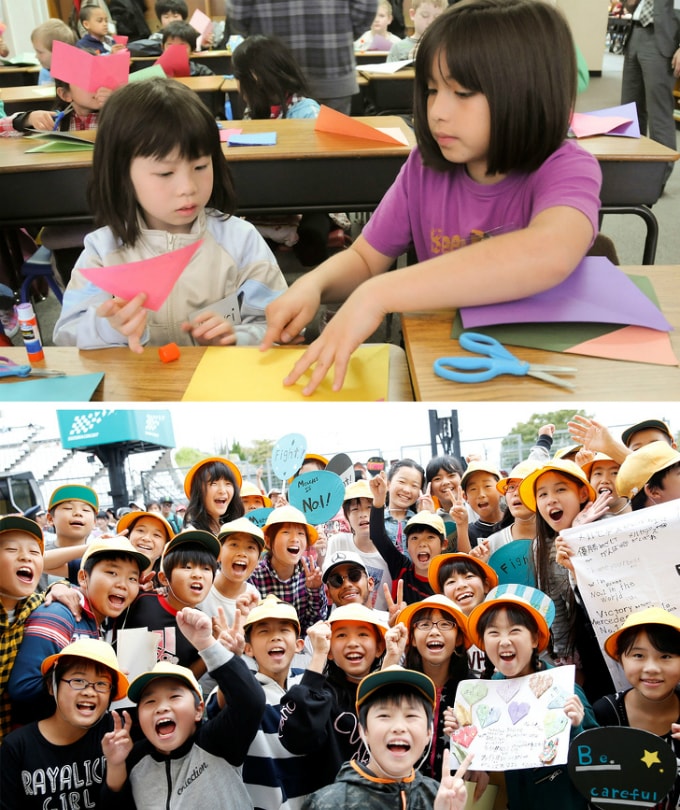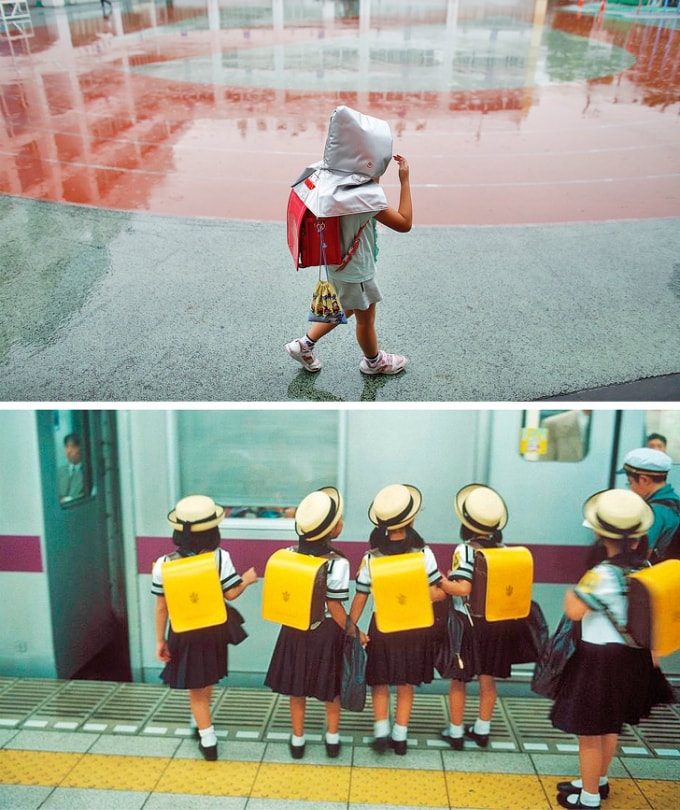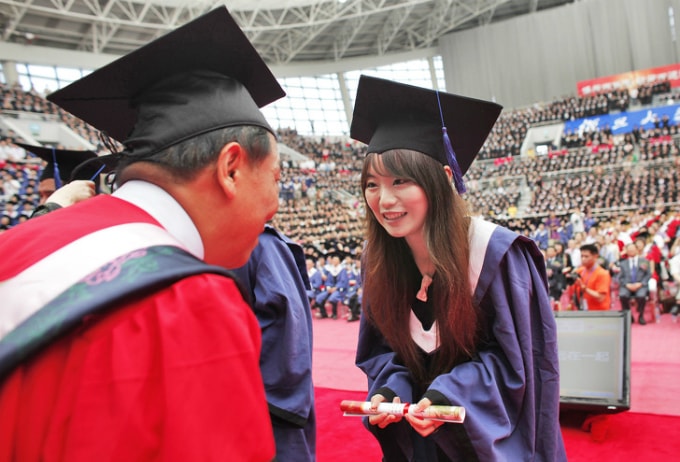Parenting rules of parents in leading educational powers
A child will be informed of the dangers and why certain things should be avoided, but not forbidden.
Asian countries such as China, Japan and South Korea are consistently ranked at the top in education, according to information fromPISA. 15-year-olds typically perform better in math, reading, and science than students in other countries around the world.
Raising a talented and successful child who respects adults and culture is also recognized by parents here.Bright Sidehave compiled some of the rules they have applied over the decades in this article.
Don't think that going to school is the most important thing in life
|
This belief only applies in the first two years. During this period, emotions are very important, which is why children are surrounded by love and care. Physical connection is also important: parents often take their children with them even when they are not needed.
In these countries, people do not believe that children understand what others say at a certain age. Even though they cannot respond, children begin to receive and analyze information before they are born. That is why parents try to be a good role model for their children from a very young age.
Value personal experience
|
Unlike the Western education system, in these countries, parents do not forbid their children from doing anything. If a child does something dangerous or bad, adults simply try to divert their attention to something else. It is believed that prohibitions can stop children from wanting to explore.
A child will be informed about the dangers and why certain things should be avoided, but not forbidden. So in the future, these children will have a more creative way of thinking. They can imagine unique solutions; they follow important rules and respect adults.
For example, parents in these Western countries would say: "Don't hurt yourself"; here it is: "Don't hurt others". Before the age of 3, children are taught to respect others, animals, to be able to seek the truth, control themselves and care for nature.
Children are raised to be kind to others, to be helpful and considerate. In Japan, people believe that this approach is important for the development of a harmonious society. This is why children are raised to be part of a group.
At the age of 2-3, children play some sports and go to classes.
|
Once children are taught the basics of good manners, their all-round development begins. So it is quite normal for a 3-year-old in these countries to be busy all day long. They can learn English, math, drawing, acting and singing all at the same time.
With this in mind, children under the age of four can play at least one musical instrument and know the basics of math and grammar. By the age of five, children are ready to enter formal school; they are learning about discipline.
Children in primary school can do many things by themselves.
|
For example, in Japan and Korea, 6-year-old children often go to school alone. Mothers no longer accompany their children.
By the time children start school, they can usually count, write, and read simple books. In these countries, it is believed that teaching children to count early, as the frontal lobes of the brain develop, will promote creativity.
At some point, students will choose their future careers.
|
At around 12-16 years old, a child is considered an adult, able to make their own decisions and take responsibility. Unlike in Western countries, children here do not rush into choosing a career if they are not ready.
Family ties are very important in these countries. Children can stay with their families as long as they need to. But usually by the age of 14, children know what they want to be and can be independent.
This education system has been around for hundreds of years. It allows parents to raise children who are intelligent, talented, respectful of tradition, respect others, and can work well in teams.
The most important principle of the family education system in these countries is: parents always explain their decisions, love and care of parents are essential for a child to grow up healthy. Discipline with independence allows children to achieve excellent results in their studies and work later.

